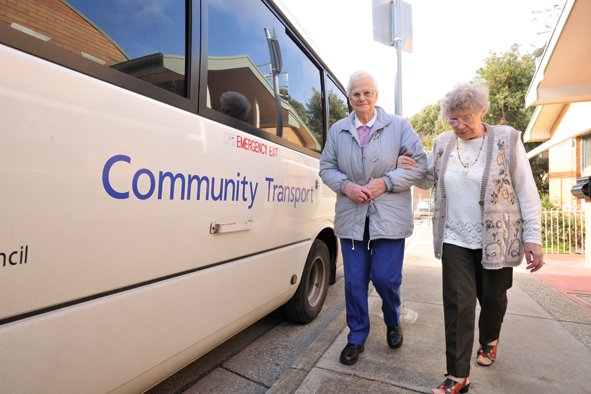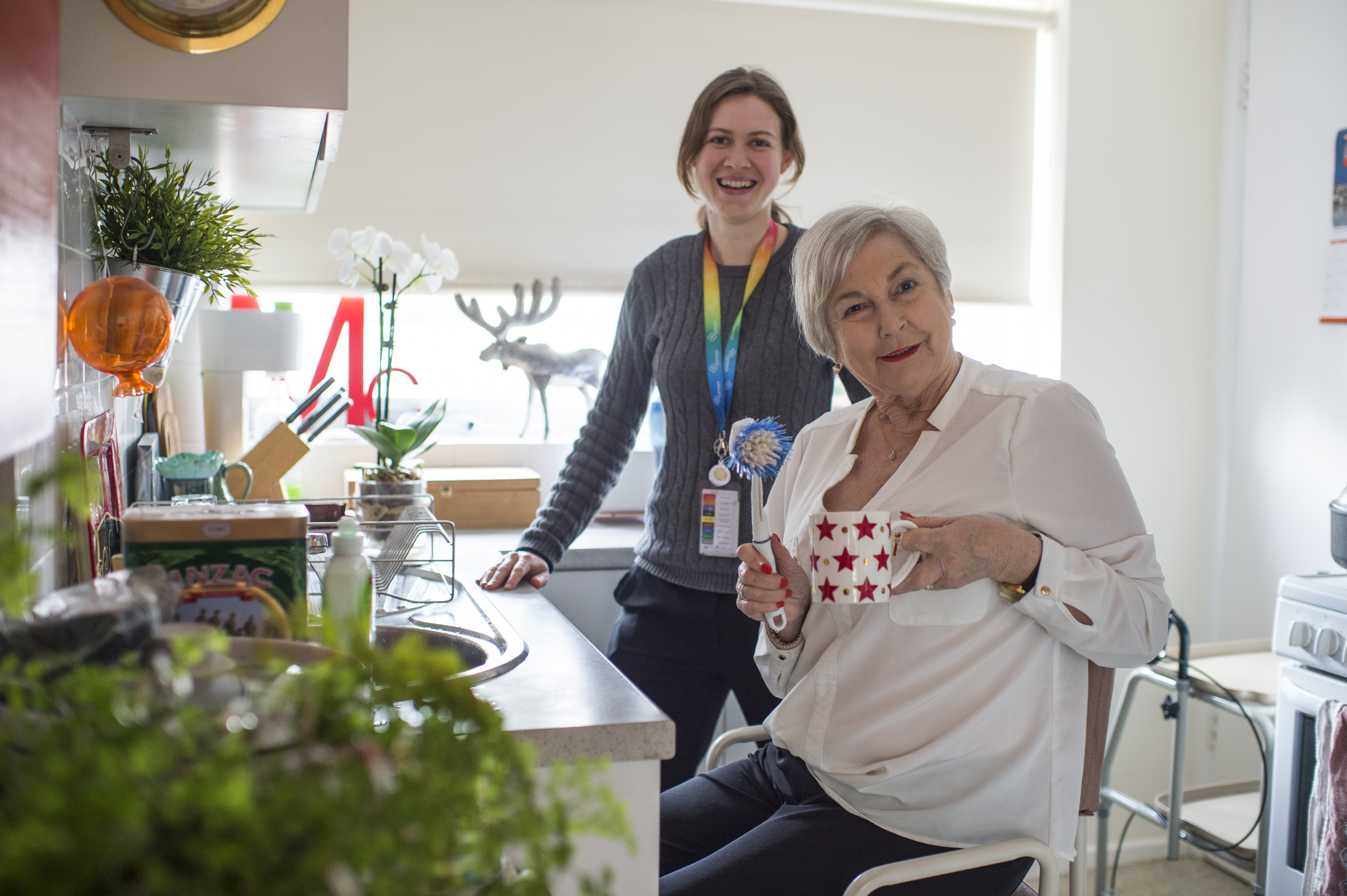Select from the following services

If your new year’s resolution is to do that thing you have been putting off all this time here are some tips to help you achieve those goals and move forward this year.
Nearly all of us (95%) procrastinate, often leaving us regretful and struggling to find motivation to complete the task that needs to be addressed.
Procrastination is a coping strategy used to avoid tasks (including difficult decisions) and the negative emotions associated with doing them.
We put off a task so we feel better at that time, but delaying these actions often impacts our future contentment and ability to achieve the goal. This can then have a negative impact on how we feel about ourselves as individuals.
Research has found a relationship between procrastination and anxiety/depression.
So while delaying a task can be a coping strategy, we can then find ourselves coming down hard on ourselves for being lazy, weak-willed or inadequate – and end up feeling worse.
So how do we help ourselves cope with the tasks before us and address our natural instinct to postpone the things we don’t want to do?
The first thing to do is look at our triggers for procrastination. What do we tend to put off? Is it boring reports or tax returns? Difficult interpersonal conversations with family or co-workers? Or maybe tasks that we don’t know how to structure?
Seven of the most common triggers for procrastination are:
For example, for the ‘boring’ report, you could try making the task into a game by competing with yourself for how many words you can write each hour. For the ‘difficult’ conversation, try to focus on how much better the relationship will be after the matter is brought up and cleared.
When we know what is causing our trepidation in tackling the task, there is usually something we can do to make a task more attractive or easier. For each task we put off, we could tackle it head-on according to its trigger.
Many solutions to procrastination revolve around the ability to just getting started. Once we get into a delayed task, we often find it’s not as bad as it had grown to be in our minds.
Some tips to help take that first crucial step include:
Starting small. If you’ve been putting off doing your tax, make a deal with yourself to do a little bit at a time. Say half an hour each day.
Chunking the task. The ability to break big tasks into smaller, more do-able pieces, makes them more attractive and achievable. There’s an old joke to describe this … ‘How do you eat an elephant? One mouthful at a time.’
Letting go of perfectionism. Thinking that something isn’t done unless it is perfect can keep us from even starting a task. Remind yourself that a ‘more-or-less well-done task’ is better than one not done at all.
Forgiving yourself. Just like letting go of perfectionism, we could choose to stop beating ourselves up for having not started earlier. Research shows that self-forgiveness actually helps us to stop procrastinating.
Schedule your task. If you are a ‘first thing in the morning’ type or work better in the evening, make sure you schedule your task for the time of day when you are most effective.
Reward effort. Most procrastination experts suggest giving ourselves a reward (say, a special coffee, pampering session or other treat) for completing a procrastinated task or part thereof. Make sure your reward reflects the effort and helps motivate you to work.
Get a buddy. Have a friend or associate help track your progress. Not wanting to go back on your word can help many people overcome procrastination.
Finally, remove distractions. One important element to helping ourselves get started is to ensure a disruption-free environment:
Procrastination is often a well-entrenched habit, but by understanding more about our underlying causes and triggers, we can employ strategies that help us overcome the challenge of completing the tasks that confront us. And in the end we’ll feel much better.
If you would like assistance with procrastination or other behavioural or mental wellbeing challenges, contact Connect Health and Community on (03) 9575 5333.
A youth mental health initiative developed with students during Victoria’s lockdowns, is hoped to help reduce the stigma surrounding mental health issues and encourage teens to seek help early.
Read MoreOur Health Promotion team is supporting early learning centers through the Achievement Program, an initiative that helps services create a healthier environment for their students, staff and families.
Read MoreThis Children’s Week, we asked our paediatric team to share some of their favourite activities for kids that embrace the importance of play for a healthy lifestyle.
Read More
Speech pathologists provide assessment and management of communication, swallowing and feeding difficulties.
Read More
We have been offering safe and quality door-to-door transport options to our community since 1975.
Read More
We provide Occupational Therapy to help children, adults and those experiencing mental health issues, to achieve their full potential.
Read MoreSelect from the following services